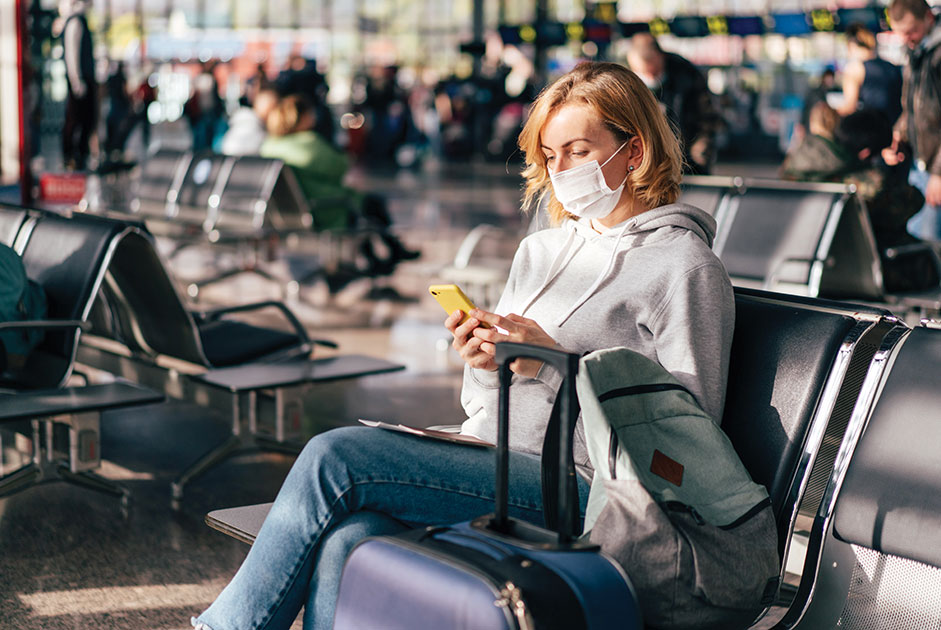Your Brain in a Post-COVID World
BY JEAN MARIE JOHNSON
Imagine a world where… we’re back to school and back to work – in real time, visiting family and friends, attending sporting and cultural events, shopping in brick- and- mortar stores, and eating out with much-anticipated abandon. It sounds a lot like the world we used to know, doesn’t it? And yet, here’s the thing: Our world will never revert to what it was and neither will we. A shared global experience as emotionally, physically, economically, culturally, and personally significant as COVID-19 has changed what we know, and in some ways who we are. “We’re not in Kansas anymore,” and clicking our heels won’t make it so. Many of us will face challenges such as:
- Finding a new pattern and rhythm to daily life
- Dealing with the loss of the positive changes brought on by isolation
- Adapting to engaging with co-workers, neighbors, gym-pals, and strangers again
- Grappling with the fear of a virus resurgence or another pandemic
The Adaptive Human
It’s normal to feel some anxiety or even trepidation about how we will fare in our post-COVID world. The Chair of the Department of Neuroscience at Carleton University, Dr. Kim Hellemans, studies the effects of stress on the brain and notes that, “There’s going to be a reverse culture shock when we enter society…we’re all going to get tired. It’s like a re-entry to face-to-face conversation. This adjustment will look different for everyone.”
For example, just as our introverted or extroverted tendencies influenced how we adapted to our COVID experience, the same will be true as we adapt to a post-pandemic reality. For extroverts who thrive on engagement and interaction, social distancing and the lockdown were keenly-felt. As restrictions lift, extroverts are likely to embrace “re-entry” with a sense of relief and enthusiasm. Introverts, who generally had an easier time working from home and social distancing, may find “re-entry” more challenging and will miss the longer spans of solitude they’ve become accustomed to.
Dr. Irwin Redlener, who directs the pandemic resource and response initiative at Columbia University in New York City is abundantly-hopeful about the future. “It’s like we’ve all been through trauma now, and we’ve been through it together.” As a result, he thinks we will be able to relate to one another better. At the same time, he cautions, “It’s going to be a long time before things return to whatever it is that we envision is normal.” Dr. Hellemans is also optimistic. “The beautiful thing about us as a species is that we are highly adaptive and innovative. The brain is very plastic. It has a lot of processes built into it in order to continue to adapt to new environments.”
Ease Back In
Keep these ideas in mind as you transition from your COVID-adapted life to an adapted-new normal:
- Hold onto the positive habits you’ve adopted – many have discovered the joys of spending more time with the people in their own households, or the ability to spend precious time outdoors each day. Explore how you can hold onto whatever you learned to relish during the lockdown.
- Honor your proven resilience – remember that “You are stronger than you know.” Many of us came to believe this as we made do and carried on, discovering patience, fortitude, and compassion we may not have realized we had. Now that you know, trust it.
- Keep your heart open – be mindful of cutting yourself and others some slack. Each individual’s re-entry challenges and blips will be unique. We learned a lot about appreciating others’ struggles during the pandemic. Let’s not lose that.






















